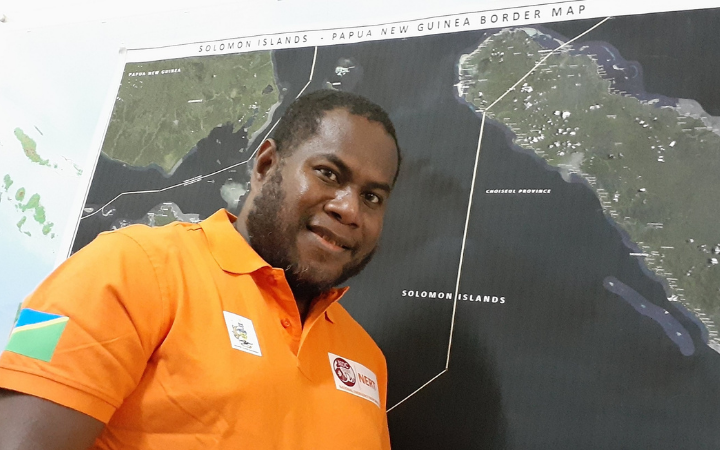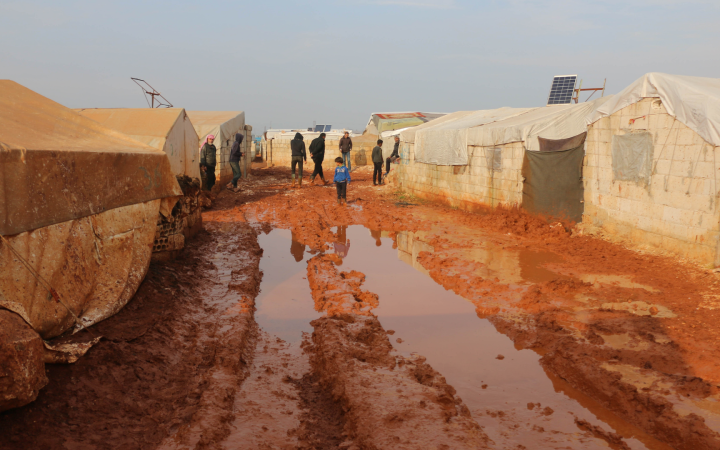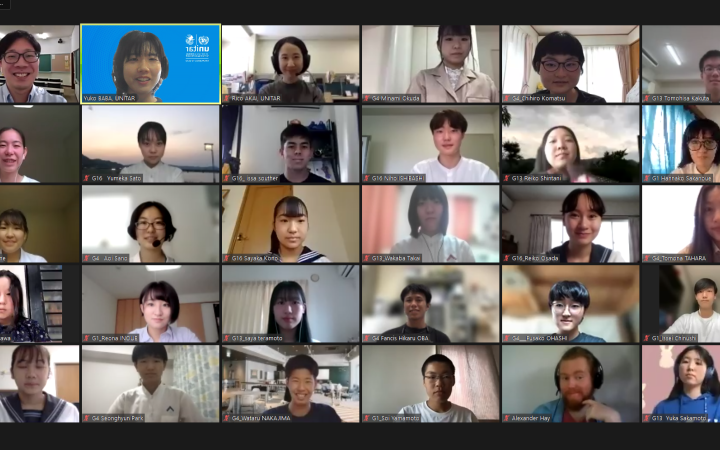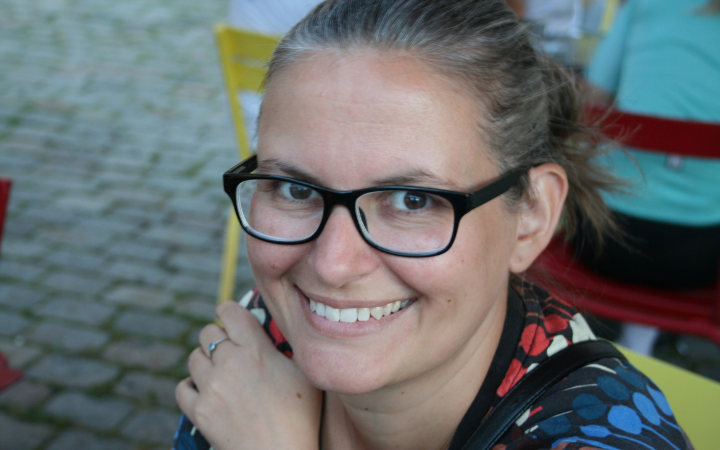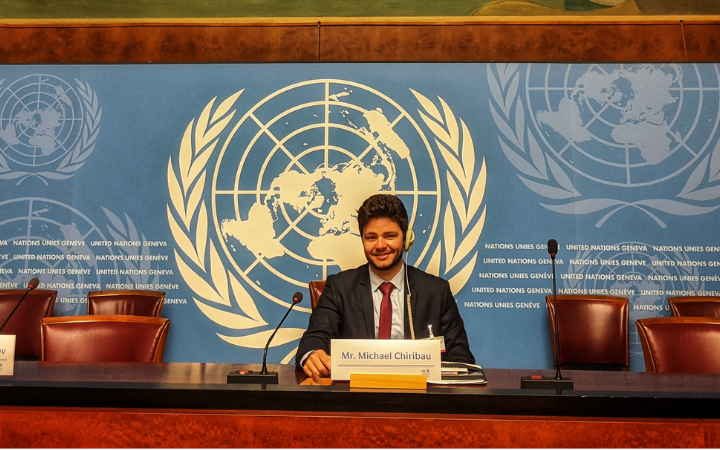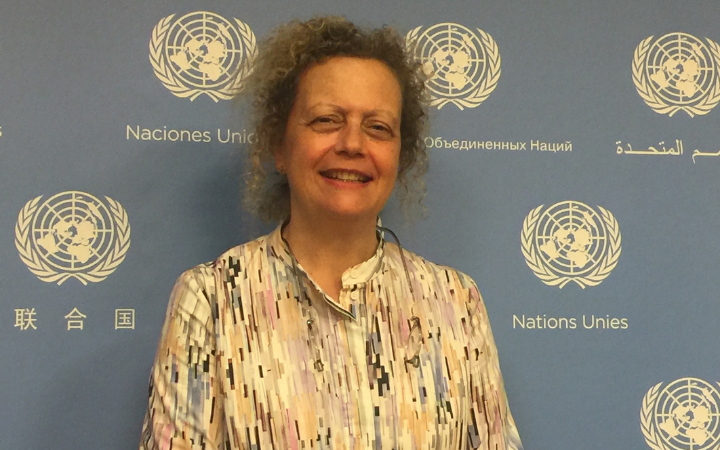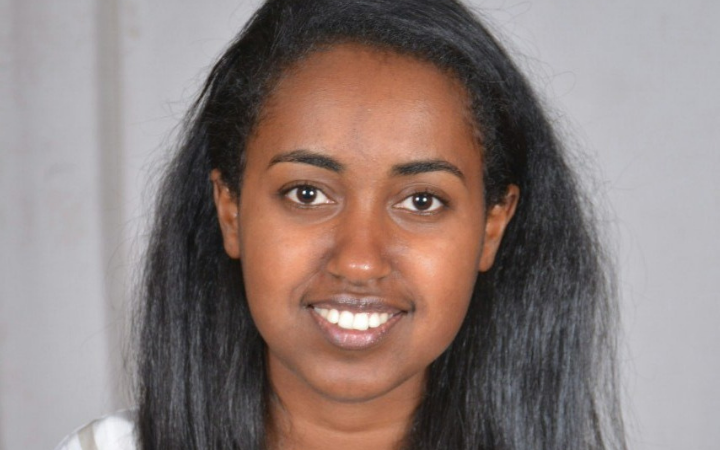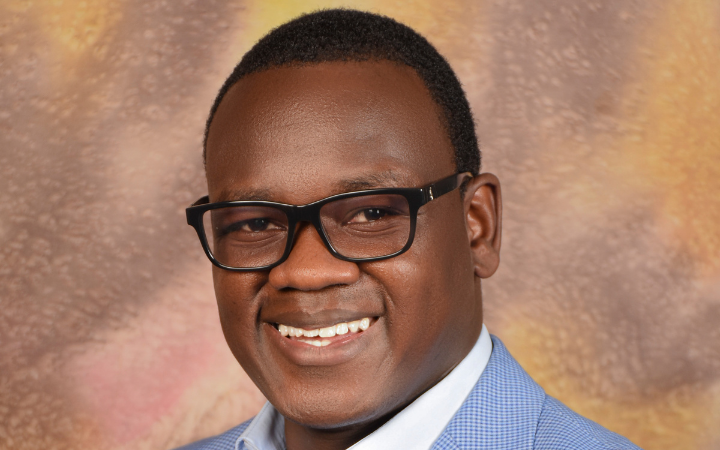Displaying 1011 - 1020 of 1738
21 October 2021, Hiroshima, Japan – On 15 November 2021, UNITAR is launching its 6-week online training programme Strategic Response to COVID-19 Crisis: Empowering the Sahel Region through Digital Reskilling and Upskilling to Enhance Productive Sources of Livelihood and Employment and is currently accepting applications until 10 November.
“One of the important technical backstopping we’ve received is the lockdown maps which have helped the NDMO’s camp sector committee identify potential quarantine stations.”
John Wain, Senior Emergency Shelter Officer at the United Nations High Commissioner for Refugees (UNHCR), recalled the evolution of their work and how UNOSAT supported them with satellite imagery analysis to better plan for new settlements.
Twenty-two 2021 UNITAR Hiroshima Youth Ambassadors are exploring ideas to achieve the Sustainable Development Goal (SDGs) in a post-COVID-19 world.
In the 3-month programme, Hiroshima high school students examine today’s pressing issues so they can become future global leaders.
The 2021 round started in July and will include five workshops and group work.
The Youth Ambassadors will make their final presentations on 24 October 2021 in a public webinar (in Japanese only).
Leading companies NEC and H&M joined to give the Youth Ambassadors a broader perspective of the SDGs.
In the 3-month programme, Hiroshima high school students examine today’s pressing issues so they can become future global leaders.
The 2021 round started in July and will include five workshops and group work.
The Youth Ambassadors will make their final presentations on 24 October 2021 in a public webinar (in Japanese only).
Leading companies NEC and H&M joined to give the Youth Ambassadors a broader perspective of the SDGs.
"The work on this course has been a very practical level of collaboration linked to the network and as a result, we have also started looking into developing microlearning on statistics.”
“As a student, it is not common to come across professionals who work in the UN System. This was an opportunity to interact with many of them!”
“We discovered that the SDGs are completely interrelated. If you are working to improve access to water, you are going to improve access to health. Consequently, you will improve access to education. Consequently, you will improve access to employment.”
"I plan to open my own cafe where I can employ single mothers and young people and teach them everything I learnt about developing simple business ideas that, hopefully, they will be able to apply to their own lives.”
“The course brings interesting case studies and I connected with two of them that were about microfinance institutions from Kenya that target people in rural areas.”
“It was a huge task, but I decided to challenge myself and go through it, and I’m glad I did.”



